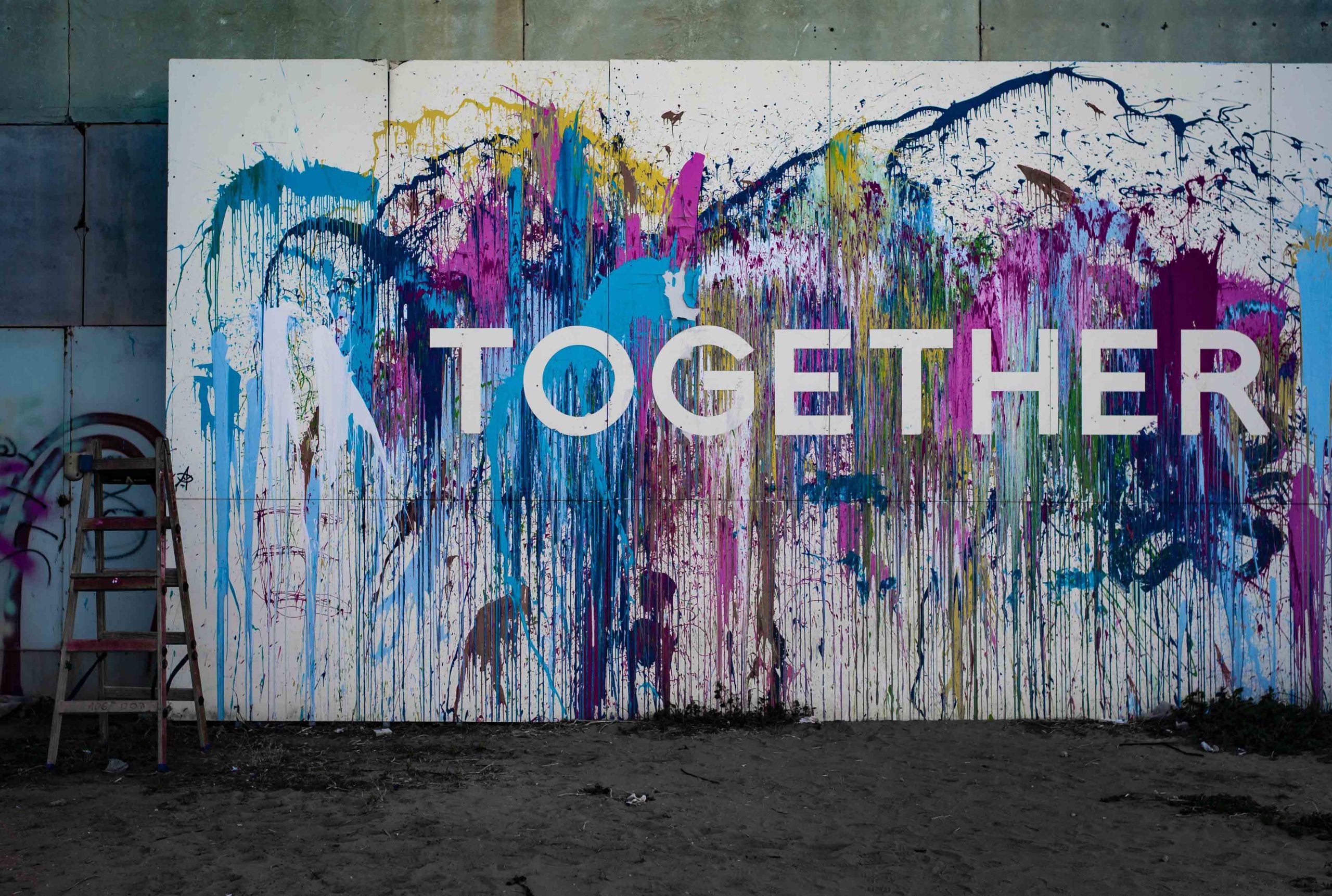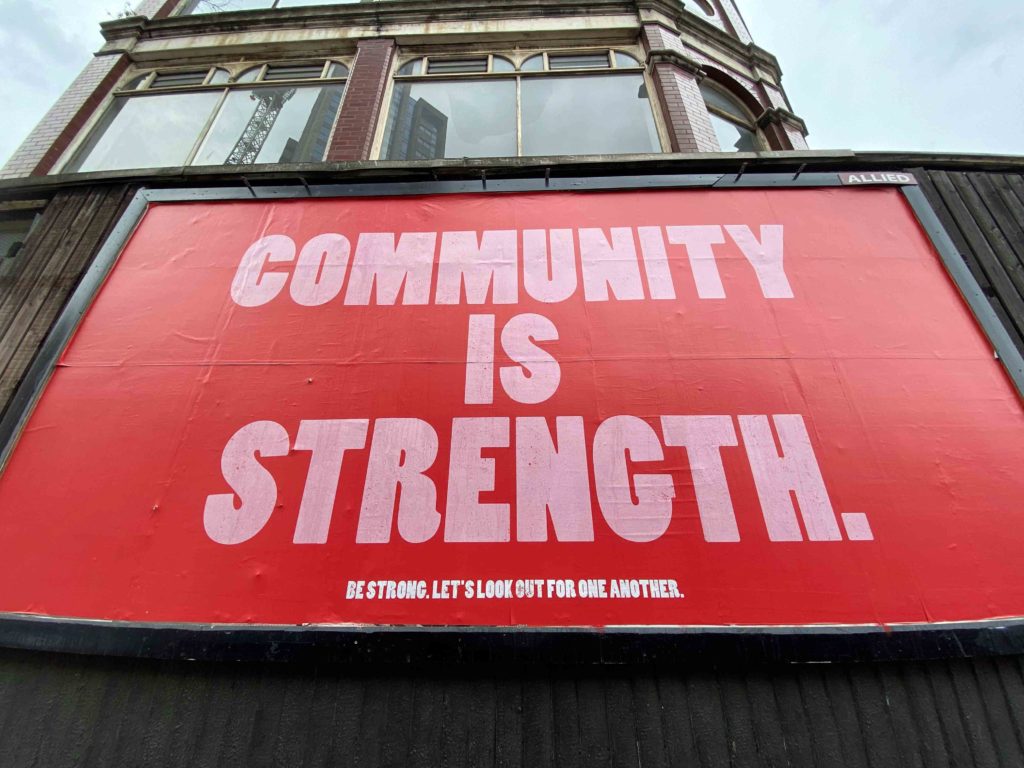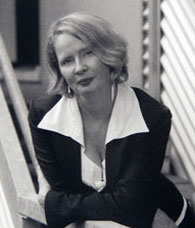MSc Public Policy and Management student Laurie Sanderson examines the future of the public library.
The slogan, “information wants to be free”, might have come from the 1980’s US hacking scene in the early days of the internet, but it could just as easily be applied to the UK’s 1850 Public Libraries Act, which gave local authorities powers to establish free public libraries in response to a rising wave of civic unrest and working class demands for social, political and economic rights.
Described by Andrew Carnegie as “cradle(s) of democracy”, public libraries were seen as institutions which would not just improve literacy, but foster a sense of citizenship.
In recent years, the UK’s public library system has seen a steady decline in visits. Between 2005 and 2018, the numbers of visitors to public libraries dropped from 48.2% to 32.7% (unlike museums and galleries, which overtook libraries in 2008 and have remained relatively stable since 2012).
Whilst that decline predates austerity, cuts to local government funding since 2010 have inevitably led to tough choices about which services to prioritize. Between 2010 and 2019, around 773 libraries closed, and spending on the service declined from £1bn to £750 million according to CIPFA.
Around 65% of public libraries are located on, or near, high streets – giving them an undeniable presence at the heart of many of our communities. But so did Blockbuster, and that didn’t stop it being rendered obsolete by the internet. You can find almost any information you need online now. In 2004, the Economist wondered whether the public library would even be with us by 2020 – whilst that was premature, are we reaching the final chapter?
 We don’t know where the decline trajectory will lead, but libraries still have a sizeable audience. Before the coronavirus pandemic, in 2018/19, libraries had over 220 million visitors. That’s more people than visited all UK cinemas, the combined English and Scottish professional football leagues, and the UK’s top ten visitor attractions combined.[1] That isn’t an insignificant base to start from.
We don’t know where the decline trajectory will lead, but libraries still have a sizeable audience. Before the coronavirus pandemic, in 2018/19, libraries had over 220 million visitors. That’s more people than visited all UK cinemas, the combined English and Scottish professional football leagues, and the UK’s top ten visitor attractions combined.[1] That isn’t an insignificant base to start from.
But are libraries still important? They certainly cater to a genuinely diverse audience. The latest DCMS figures show a broad cross-section of ethnicities visiting them (with people of Asian heritage the single largest group). Users are more likely to be women than men (36.7% of women visit, compared to 25% of men), and whilst employed users are more likely to be in higher managerial, administrative or professional than manual jobs (36.6% to 28%), they are also slightly more likely to be unemployed than employed (33.2% to 30.4%).
As a result, a growing school of thought has emerged stressing public libraries are essential spaces within civil society for building cohesion between different groups.
spaces within civil society for building cohesion between different groups.
They are places where people from all walks of life can come together and learn – from books and each other. In an age of fake news, culture wars and populism, that feels more important than ever.
So, if the public library isn’t dead yet, and there are powerful reasons for preserving it, what can we do to stem the decline?
A report carried out by Ipsos Mori and the Carnegie Trust in 2016 gives us some indications of improvements which would encourage more people to visit public libraries. Looking at England, the top three are better information about services, more events, and a café or coffee shop on site. Other popular measures include better online and IT services, longer opening hours, and a diversified range of activities and services.
In other words, an improved (online and physical) offering, better facilities, and an increased emphasis on the library as a space for people to come together for events or to access services could revitalize the public library.
The good news is that we can find plenty of green shoots of innovation in the UK and beyond – from libraries digitizing services, merging with bookshops and cafes, and repurposing their spaces for everything from homeless shelters to film and karaoke clubs.[1] It’s too soon to write off the public library just yet.
[1] Public Libraries News, Ideas and innovations in public libraries, https://www.publiclibrariesnews.com/practitioners/ideas-and-innovations-in-public-libraries [Accessed 12 Jan 2022]
[1] Data – from various: https://www.espn.com/soccer/, https://www.statista.com/statistics/268598/premier-league-total-aggregate-attendance/, https://www.cipfa.org/about-cipfa/press-office/latest-press-releases/spend-on-british-libraries-drops-by-nearly-20m, https://www.cinemauk.org.uk/the-industry/facts-and-figures/uk-cinema-admissions-and-box-office/annual-admissions/, https://www.cinemauk.org.uk/the-industry/facts-and-figures/uk-cinema-admissions-and-box-office/annual-admissions/








